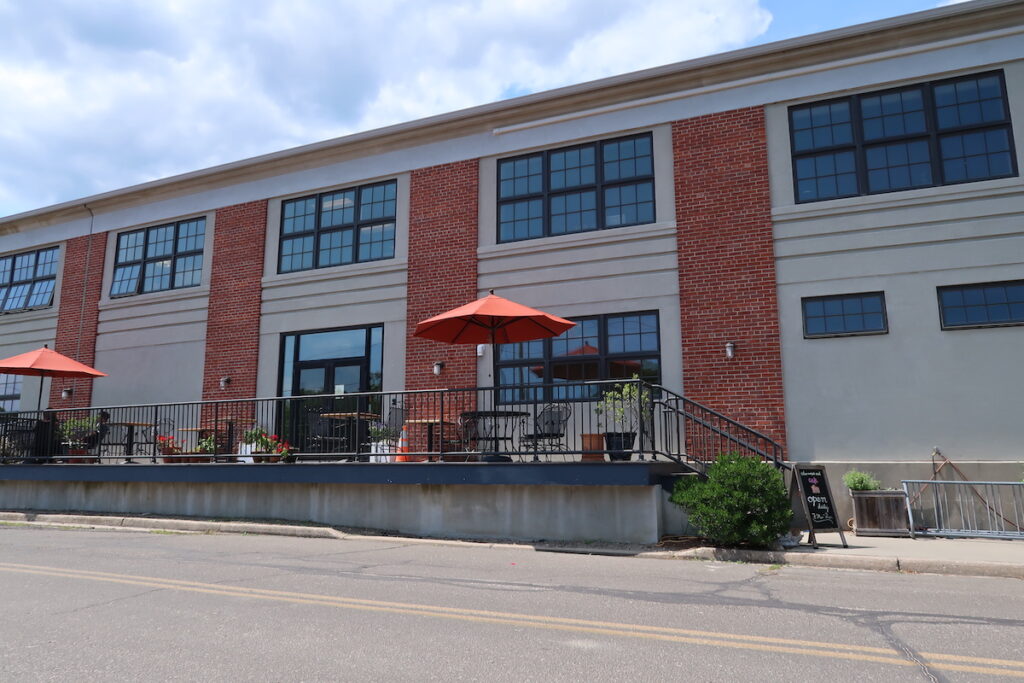As deadline approaches, town board working on edits to police reform plan

With just six days until a police reform plan must be submitted to New York State, officials in Southold are coming right up against the deadline as they seek to change aspects of the plan before adoption.
Town Board members met for more than three hours Friday morning — and were expected to reconvene again Friday evening with members of the town’s Justice Review and Reform Task Force — to continue debating the merits of the 18 recommendations included in the document.
A key division among Town Board members Friday morning lies in the first recommendation, which calls for the formation of a Community-Police Partnership Committee that would conduct bi-annual reviews to examine progress of the reform plan, conduct ongoing community and police surveys, hold regular meetings to further the dialogue between police and community leaders and consist of 11 members, including seven community members, two police representatives and two members of the Town Board, including the supervisor.
The task force recommended prioritizing inclusion of BIPOC members, people in the LGBTQ community and other marginalized groups.
Southold Town Supervisor Scott Russell said during Friday’s work session that he wouldn’t support that as written, arguing that it creates a “cumbersome” additional layer of oversight that would overlap with the already-existing Police Advisory Committee.
“They’re giving themselves a lot more oversight that it almost becomes micromanagement,” Mr. Russell said, since duties of the CPPC are referenced throughout the entire 279-page plan.
Instead, he called for revamping the Police Advisory Committee by expanding membership to include more community members and tweaking its mission and scope. The current committee consists of seven public members and Councilman Jim Dinizio.
Ensuring diverse representation, the current committee is all men, is a sticking point for councilwoman Sarah Nappa.
“This is specifically [about] including people who in this community feel disenfranchised,” Ms. Nappa said. “How many members of the [current PAC] represent those groups?”
Other board members felt the language was too strongly worded and fear the new committee would essentially function as a civilian review board.
“We have a small police department in a small town,” said councilman Bob Ghosio. “I have a hard time believing—and I don’t see any evidence—that substantiates that we need a civilian review board.”
Mr. Russell said that expanding membership on the PAC by two seats would bring community involvement to nine members, which is above the task force’s recommendation.
“There’s nothing here that can’t be done through that process,” he said of expanding the PAC.
Other aspects of the plan, including an emphasis on mental health, youth outreach and additional officer training, were supported by Town Board members.
And while components of the plan, like calls to diversify the police department, were generally supported, officials cautioned that it’s somewhat out of the town’s control since officers must be hired from the civil service list, based on test scores.
“I know we’re restricted by lists, but we should be working to hire more people that are local and definitely more diverse,” said Councilman Jim Dinizio, who agreed that community outreach could help work toward that goal.
Officials also agreed that exploring costs associated with body cameras is worthwhile.
In response to a recommendation that the town address issues with the current policing schedule in six months, town officials explained that scheduling, among other issues including the civilian complaint process, involve civil service laws and contract negotiations.
“We evaluate [police scheduling] every time we negotiate. It always gets discussed,” Mr. Russell said.
Many other points included in the task force report are already in place within the department, officials pointed out.
“The fact that we’re doing a lot that’s in here already, I don’t think we should be defensive about it,” said councilwoman Louisa Evans. “We should carry it forward. This document is supposed to not just be for this Town Board to follow. It’s for the future.”
The board is expected to call a special meeting early next week to formally adopt the plan, or else risk losing state funding.








